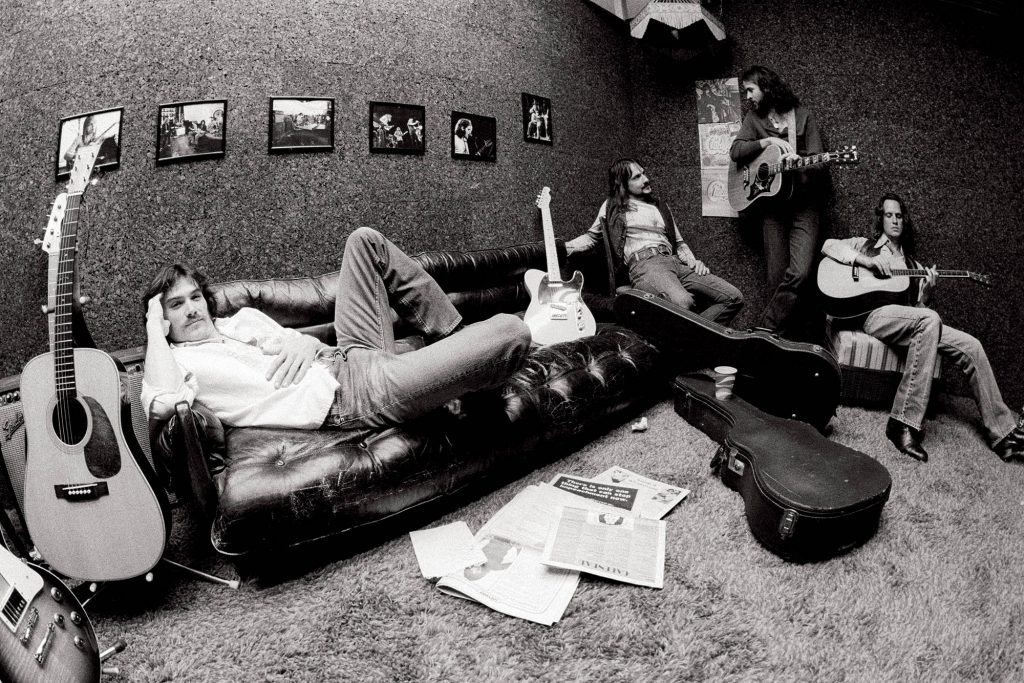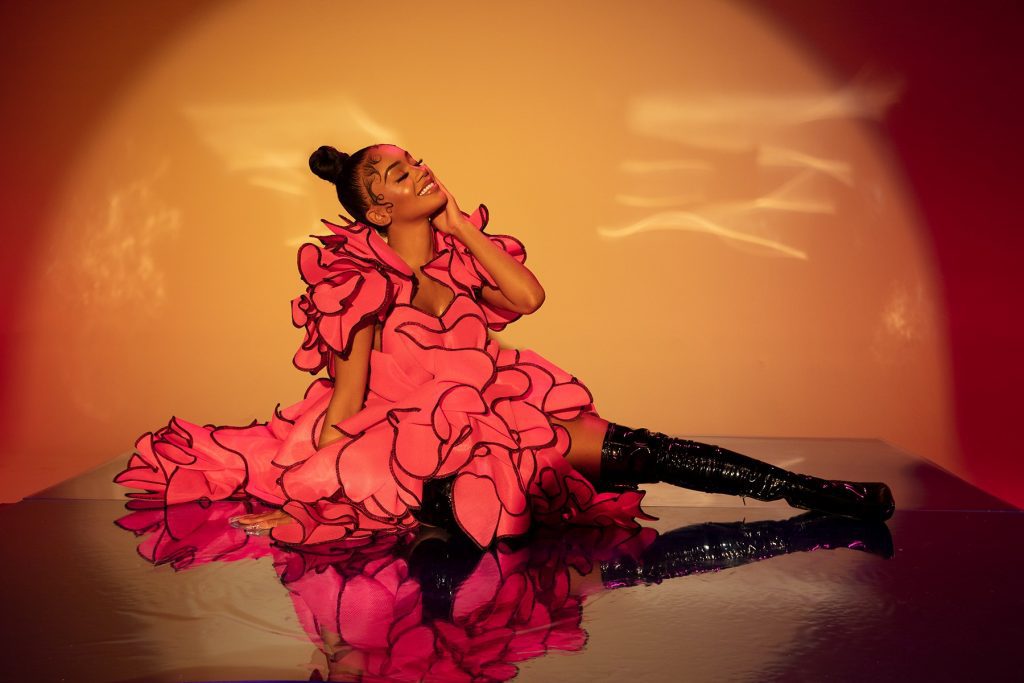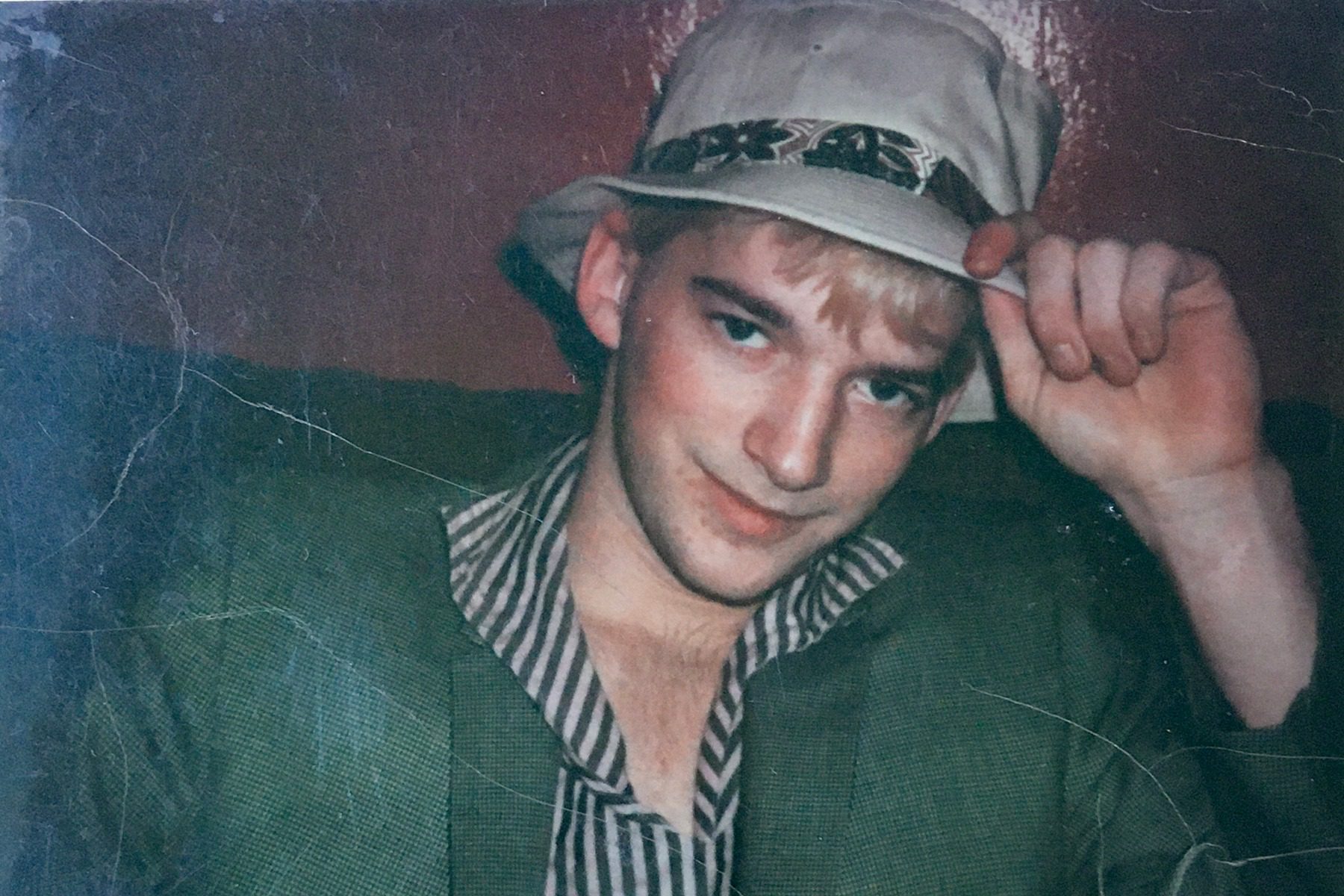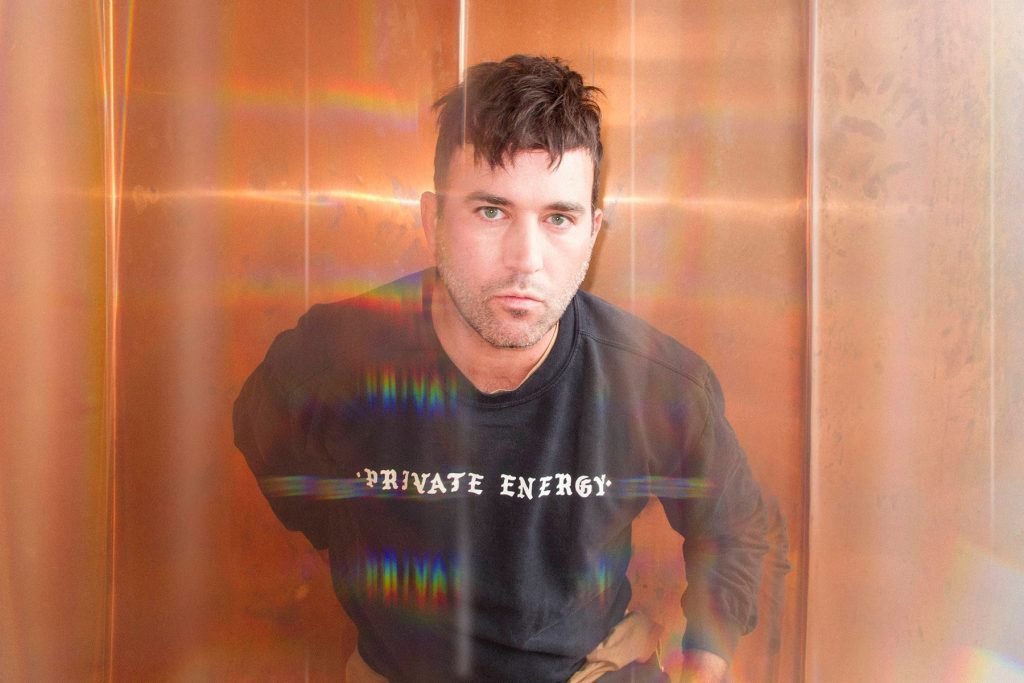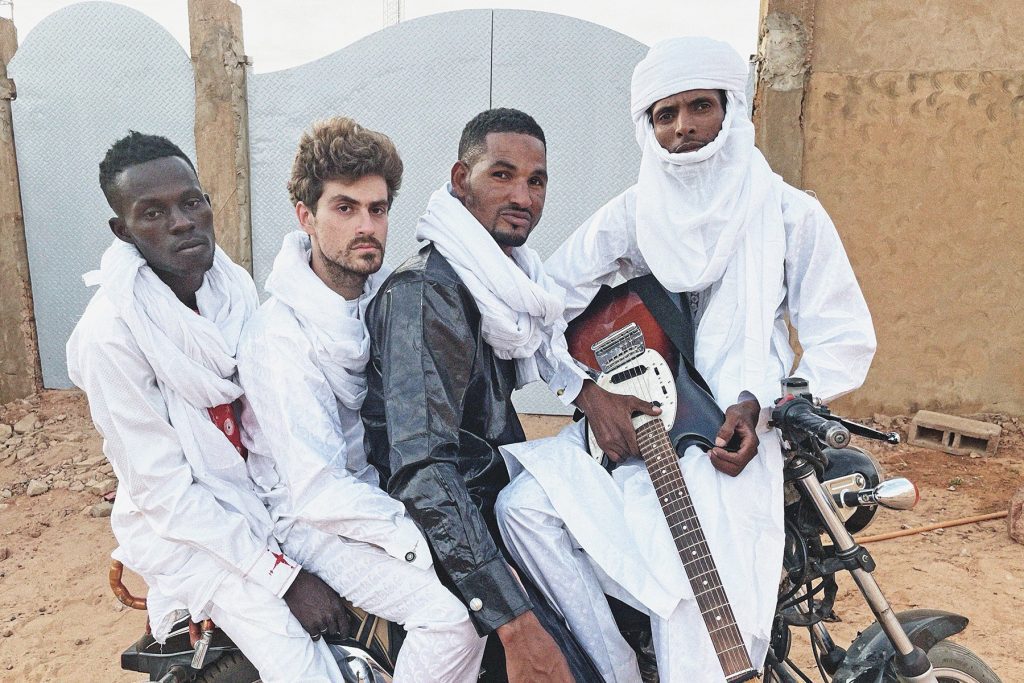
Mdou Moctar’s ‘Afrique Victime’ Redefines Freedom in Rock
Mdou Moctar has previously claimed, “I don’t know what rock is exactly,” and that’s a good thing listening to the Niger-based Tuareg singer-songwriter’s latest album, Afrique Victime. There’s a unique sense of freedom in the record’s eight songs that most household-name rockers will never understand, since North American and European musicians have been inundated with the rigid strictures of verse-chorus-bridge songwriters since birth. And that’s not to say that Moctar grew up on Mars — he has declared himself a fan of Eddie Van Halen and ZZ Top’s Tres Hombres, and his band’s guitar/bass/drums configuration reflects those tastes — but the influence of African artists like Abdallah Oumbadougou (the guitarist who first inspired him to pick up the instrument) and the long-running collective Tinarwen seems greater than anything FM radio has championed in the last 50 years.
“Chismiten,” the first track on Afrique Victime, opens with the sounds of crickets and a rooster’s cock-a-doodle-doo before Moctar’s guitar takes over. At first, it recalls any classic rock & roll guitar — a bit like Clapton’s reverberated Stratocaster in the Eighties — but once his band kicks in and they settle into a decidedly non-rock rhythm, which moves more like a waltz than something you could nod your head to, Moctar’s originality takes over. The track builds and builds and speeds up as he adds new cycles of kaleidoscopic guitar riffs between call-and-response vocals in Tuareg about becoming a better person by letting go of jealousy. The song’s verses and choruses, if that’s even what they are, whip back and forth to their own logic, and Moctar keeps adding layers of guitar.
blogherads.adq.push(function () {
blogherads
.defineSlot( ‘medrec’, ‘gpt-dsk-tab-article-inbody1-uid0’ )
.setTargeting( ‘pos’, [“mid-article”,”mid”,”in-article1″,”mid-article1″] )
.setSubAdUnitPath(“music//article//inbody1”)
.addSize([[300,250],[620,350],[2,2],[3,3],[2,4],[4,2]])
;
});
None of the songs on Afrique Victime progress like typical rock songs. Oom-pah rhythms support “Taliat,” which becomes a showcase for Moctar’s effortless six-string prowess, and his playing echoes the fluidity of Malian artist Ali Farka Touré as much as someone like Jimi Hendrix. He and his bandmates focus on ostinato, repeating cycles of riffs and chords over and over again in transcendent cycles; “Ya Habibti,” a love song, and the sweet, lullaby-like “Tala Tannam” add handclaps, and Moctar occasionally swaps his Strat for an acoustic guitar but mostly they keep their structures simple and hypnotic. He has explored this expanding approach to psychedelia over the years, in a raw form on 2013’s Afelan and in more refined structure on 2019’s Ilana (The Creator), but here it sounds more intentional and less improvisational.
If Ilana was his guitar album, Afrique Victime is the record where his guitar’s voice is as important as the one in his throat. On “Asdikte Akal,” his instrument jumps around his and his bandmates’ voices as they sing about nostalgia for their homeland, and on “Layla,” a love song to his partner, he accentuates her name with a stinging guitar stutter, like an exclamation point.
And on the stunning title track, the most Western-sounding tune on the album with its French lyrics and rock & roll backbeat, Moctar’s guitar adds sharp melodies to his vocal lines, as the song picks up speed as he sings, “Africa is a victim of so many crimes” and wonders aloud, “Oh Gaddafi, to whom have you entrusted Africa?” (Moctar, like the members of Tinariwen, previously served time in the Libyan army which welcomed the Tuareg people.) There’s a sense of urgency in the way he plays his instrument that supports his calls for people to unify against the crimes committed against African people (“From prison to Nobel prize, they ceded to Mandela,” he sings, “If we stay silent it will be the end of us”) and it makes the song weightier than your average folk-rock song. Plus, the propulsive bass line by Brooklyn-based Michael Coltun, who travels days to meet up with Moctar, seems to push the song straight from the speakers.
blogherads.adq.push(function () {
blogherads
.defineSlot( ‘medrec’, ‘gpt-dsk-tab-article-inbody2-uid1’ )
.setTargeting( ‘pos’, [“mid-article2″,”mid”,”in-article2″,”mid-article”] )
.setSubAdUnitPath(“music//article//inbody2”)
.addSize([[300,250],[300,251],[620,350],[2,4],[4,2],[3,3]])
;
});
The biggest feat here, though, is how Afrique Victime feels upbeat and hopeful from start to finish. There’s no real sense of worry or anxiety in the love songs, and Moctar’s calls for unity are set to a loose soundtrack of unpredictable guitar. This is how free rock & roll should sound.
